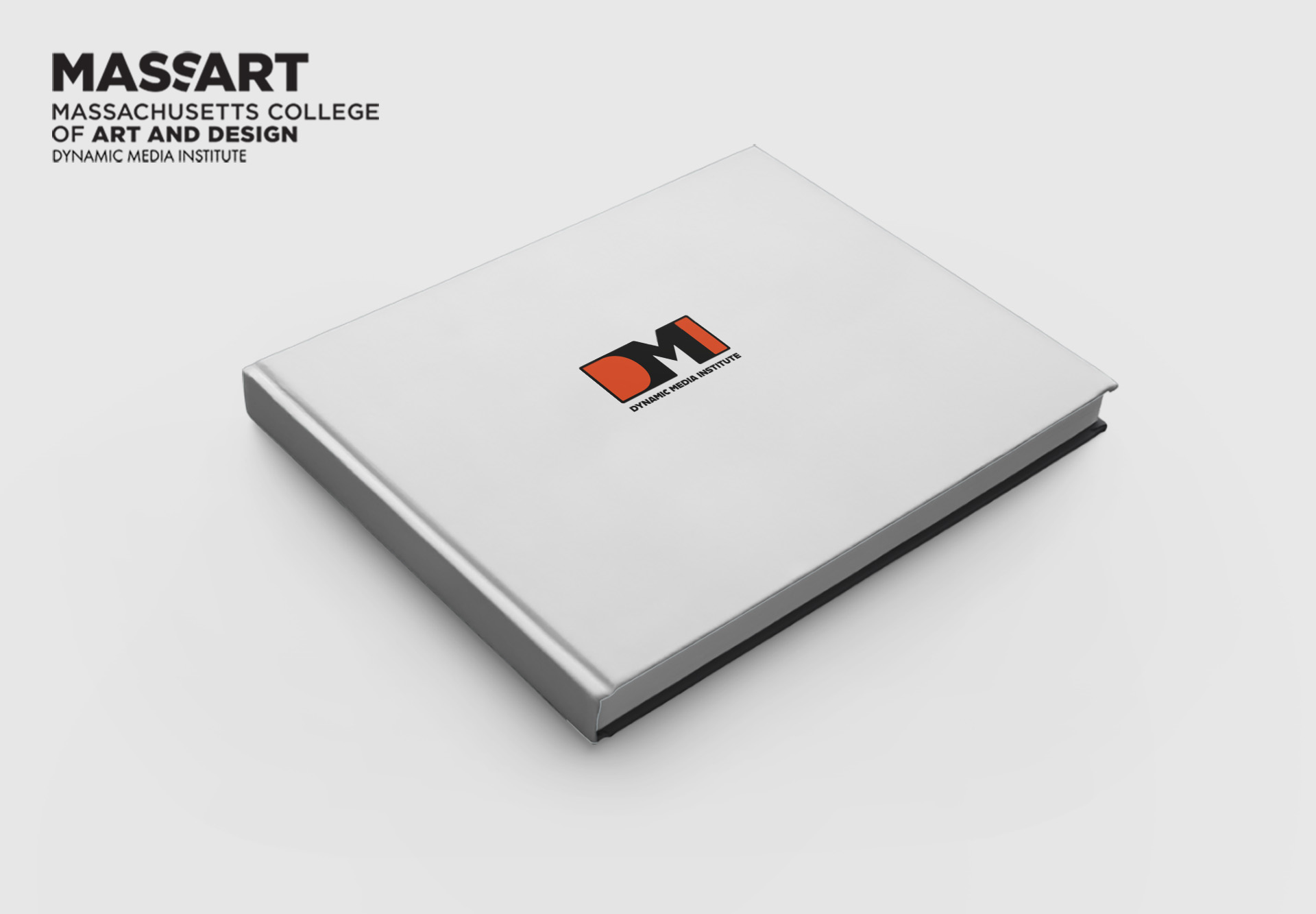Patlapa Davivongsa, MFA ’16
thesis abstract
Exploration is an intuitive act. It doesn’t require any particular skills beyond a curious mind and physical mobility. In the context of space, exploration isn’t about getting from point A to point B, but everything that happens in between.
On the other hand, navigation is a task-oriented activity. It is about getting from point A to point B, often with little regard to what is between each point. In the past, one had to have a good sense of direction and orientation in order to succeed. Global Positioning System, designed to get people from one point to another, have made those skills unnecessary. GPS is nearly ubiquitous today, as it is embedded in most people’s phones, always letting them know where they are or where they need to go. Calculated routes also tell them how to get there as quickly as possible. What’s lost is a user’s natural propensity to explore.
Through my research, I believe that ambiguity in information technology can enhance people’s interaction with their surroundings. The impracticality of ambiguous information inspired me to explore how intuitive perceptions of space can be enabled. Ambiguities leave room for interpretations that allow for poetic experiences which require people’s background and intimacy to contextualize. With that, people get the experience of space that they deserve through the information that they unobtrusively receive.


